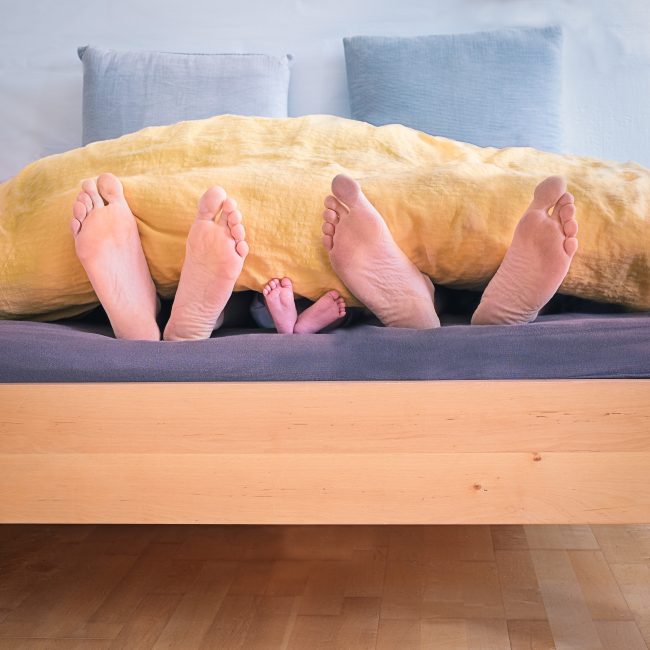
A Foreign Body in the Foot by Alison Sims, M.D.
One of the most rewarding things that I do on a regular basis at Marque Urgent Care is to remove a painful foreign body (FB) from a patient’s foot which results in immediate relief and gratitude. Many times patients believe it will “work its way out” and they delay coming in for help, but then there is the added complication of infection of the foot. My best words of advice about FBs of the foot would be if you cannot easily and completely remove the FB within a few hours at the time of injury, immediately seek the treatment of a physician who can use anesthetic and sterile procedure to safely remove the offending piece of material, and update your tetanus vaccination and provide antibiotics.
Stories of Foreign Bodies in the Foot
In my 20 years of experience I have seen amazing FBs lodged in feet. The two most memorable and unbelievable cases were a broken sewing machine needle buried in deep shag carpet and stepped on with a bare foot, and a plastic picnic fork buried in the sand at water’s edge and stepped on while running in to the ocean. In each of these cases, the angle of the offending FB was perfectly poised in an upright position and the force of the step strong enough to bury the FB deeply and swiftly with hardly any pain and very little or no bleeding. Neither patient was aware of what they had stepped on, but complained of a sharp sensation with bearing weight at the site of a tiny puncture wound. Removing the long needle and the plastic fork tine were unforgettable moments.
Common Foreign Bodies in the Feet
More commonly, I see a lot of:
- wood splinters from boarded decks and stairs
- thorns from plants
- glass or ceramic shards from kitchen floors or public areas
In all of these cases, wearing sensible shoes could have prevented the accident, and it cannot be stressed enough how risky it is to go barefoot, even in your own home, especially if you have a history of breaking a glass or mug in your kitchen area. Glass and ceramic shards are the most difficult to remove as the pieces are often extremely small and lodged deeply due to the surgically knife-sharp edges cutting deeper with each step.
Puncture Wounds are Medical Emergencies
Any puncture wound is a medical emergency for several reasons. It opens your foot to infection from bacteria like staphylococcus, and more seriously puts you at risk for tetanus infections, especially if the situation involved dirt or rust. If you have a clean wound, then your last tetanus vaccination is protective for 10 years, and if you have a dirty wound, then your last tetanus is only protective for 5 years, and you need a booster if your time has lapsed beyond these guidelines.
If your injury was through a tennis shoe then pseudomonas is another bacterial infection that is of concern. If you delay coming in and your foot begins to swell, turn red, feel hot or tender, then you are in need of oral antibiotics, and perhaps antibiotics by injection if the infection is severe.
Do not despair if you or a loved one cannot be the hero and remove a FB from a foot. Feet are very sensitive and if the FB is lodged beyond visibility, your chances of being able to open the area enough to grab it without causing pain, more damage or infection are nil. Be smart and go see a doctor who can numb the area with anesthetic, painlessly remove it safely in a sterile manner, clean it thoroughly, and provide you with a tetanus vaccination booster and antibiotics if necessary.
The information provided is for general interest only and should not be misconstrued as a diagnosis, prognosis or treatment recommendation. This information does not in any way constitute the practice of medicine, or any other health care profession. Readers are directed to consult their health care provider regarding their specific health situation. Marque Medical is not liable for any action taken by a reader based upon this information.

